Can Mindfulness Have a Greater Impact?
Recent articles are reinforcing that there is an increasing interest in the mind-training industry, from venture capitalists to consumers.
First, confirming earlier rumors, Calm announced that they raised $27 M on a $250 M valuation led by Insight Venture Partners. The round included investors such as Ashton Kutcher’s Sound Ventures, and Harry Styles, formerly a singer with One Direction. Calmreports that they are at an Annual Run Rate of $75 M, and profitable.
Then, the Wall Street Journal came out with an article entitled “Inner Peace and Profits are Venture Capitalists latest Quest.”It outlines some of the recent equity raises by companies like Headspace10% HappierOak, Calm, and Simple Habit.
I’m guessing there will be more news about the growing interest from investors in addressing mental health with mind-training apps. In fact, my belief is that we are still in the early stages of a dramatic push to use technological innovation to address the growing crisis of stress, anxiety, depression, loneliness, and addiction in our society. At Bridge Builders Collaborative, we have been supporting this developing movement and industry for the past seven years. We have seen increasing signs that the industry is going to scale. For some time, people have been asking whether things like mindfulness were a passing fad. Increasingly, we’re finding the answer to that question is, no.
Let’s assume that we and the Wall Street Journal article are right, that mindfulness is going to continue to grow. It seems obvious that many people are going to make a lot of money because of that. While I’m convinced Bridge Builders Collaborative and others, who have taken financial risk investing in successful enterprises, are going to be financially rewarded, my question is, “So what?”
People are going to meditate, they already are. Many are in pain, have trouble sleeping, have high levels of anxiety. But a question that I ask is, “What is going to happen after people start to calm their minds?” Is our society going to use these apps just to become more productive, sleep a little better, manage their stress, or are we going to go deeper into exploring the beliefs and narratives that are contributing to our suffering? Are we going to look at our negative unconscious patterns and change them? And once we’ve tapped into our better selves, what changes are we going to make to become better human beings?
Finally, what are we going to do to make the world a better place?
It’s interesting that these articles came during a week when in America, we focused a lot of attention on a policy that created separation of immigrant children from their parents. And, when we removed ourselves from the UN Human Rights Council. We had a week of witnessing our President bullying, gas-lighting, blaming other people for a policy he enacted. How do we take mindful action to offset the mindless behavior and policies?
It appears that tens of millions of people are now developing mindfulness practices. They’re doing that with mindfulness apps, in mindfulness studios, through corporate mindfulness programs. Likely, these apps are one day going to be FDA approved, reimbursed by insurers, prescribed by doctors. But the important question of our time is not whether venture capitalists and entrepreneurs are going to make hundreds of millions of dollars capitalizing on these growing trends. It is, what are you and I doing when we get off the mat, off the cushion, off the app? Isn’t mindful action more important than mindful practice?
Where do we go from here? What is your passion? What do you want to change in this world? How will you show up as an authentic human being, connect to your purpose, and be the change you want to see on the planet?
And, to quote Mary Oliver “Tell me, what is it youplan to dowith your one wild and precious life?”

